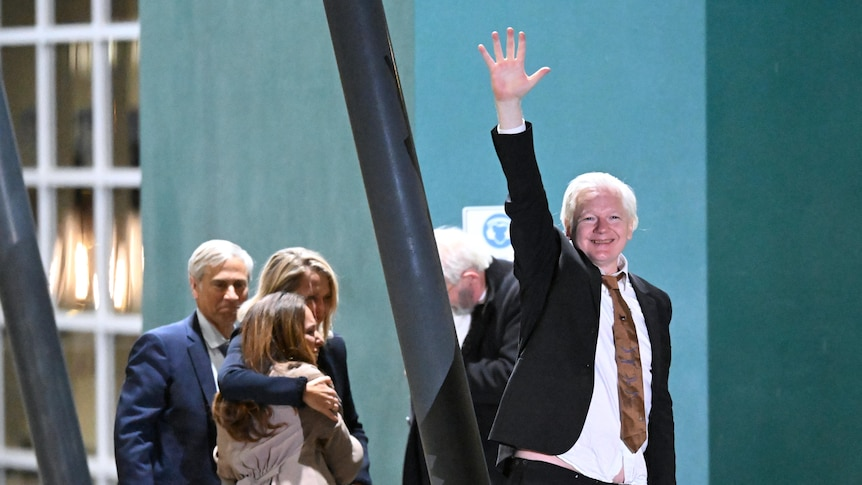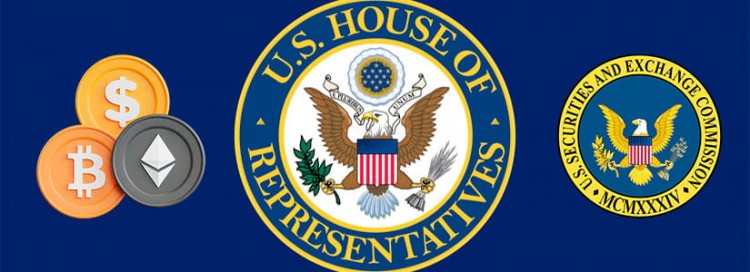时间:2023-12-30|浏览:296
朱利安·阿桑奇和查尔斯国王是英国两位非常有影响力的人物,但他们拥有加密货币吗?
朱利安阿桑奇是现代信息和透明度时代的代名词。 阿桑奇 1971 年出生于澳大利亚汤斯维尔,因创立维基解密而闻名,维基解密是一个致力于发布机密信息的平台,经常揭露政府和企业的不当行为。 阿桑奇的使命植根于这样的信念:一个更加透明的世界将带来一个更加公正和负责任的世界。
2010 年,维基解密因公布了由举报人切尔西·曼宁 (Chelsea Manning) 提供的大量美国政府机密文件而获得国际关注。 这些文件包括外交电报和军事报告,揭示了秘密行动、侵犯人权和政治操纵的情况。 虽然一些人称赞阿桑奇是透明度和言论自由的捍卫者,但另一些人则谴责他对国家安全构成威胁。
2012 年,阿桑奇在厄瓜多尔驻伦敦大使馆寻求庇护,以避免被引渡到瑞典,当时他在瑞典面临性侵犯指控,他的法律麻烦进一步升级。 这些年来,他的处境变得越来越复杂,他被关在使馆七年,最终于2019年4月被捕。
围绕阿桑奇引渡到美国的法律斗争加剧了人们对新闻自由和举报人待遇的担忧。 支持者认为阿桑奇作为记者应该受到保护,而批评者则认为他应该面临与黑客攻击和危害国家安全有关的指控。 他的案件还引发了人们对美国管辖范围及其对新闻自由的影响的质疑。
查理一世国王:动荡时代的斯图亚特君主
与朱利安·阿桑奇对当代的影响形成鲜明对比的是,查理一世国王生活在 17 世纪,当时英格兰正处于深刻的政治动荡时期。 查尔斯出生于 1600 年,1625 年登上英国王位,成为斯图亚特王朝第二位君主。 他的统治期间出现了一系列有争议的问题,包括在税收和宗教问题上与议会的冲突。
查尔斯统治时期最具决定性的时刻之一是他决定于 1629 年解散议会,并在接下来的 11 年里在没有议会的情况下执政——这一时期被称为“个人统治”。 这一行动加剧了君主制和议会之间的紧张关系,导致臣民普遍不满。
The situation escalated into the English Civil War, a conflict that lasted from 1642 to 1651. Charles I faced off against the forces of Parliament, led by figures like Oliver Cromwell. The war was a brutal and divisive struggle that ultimately culminated in the execution of King Charles I in 1649, marking the first time a reigning English monarch was put to death by a legally constituted court.
Charles’s execution was a watershed moment in English history, symbolizing the shift from absolute monarchy to parliamentary sovereignty. His trial and execution laid the groundwork for the establishment of the Commonwealth of England under Cromwell and, later, the restoration of the monarchy in 1660 under Charles II.
Legacy and Controversy
The lives of Julian Assange and King Charles I are separated by centuries and encompass vastly different historical contexts, but they share some common themes. Both individuals challenged established systems of power and authority, leading to controversy and enduring debate.
Julian Assange’s legacy is still unfolding, with many viewing him as a champion of transparency and free speech. His actions have sparked critical discussions about the role of whistleblowers in modern society, the limits of government secrecy, and the protection of press freedom. Regardless of one’s opinion on Assange, his case serves as a testament to the complexities of balancing national security concerns with the public’s right to know.
King Charles I, on the other hand, left a lasting imprint on English history. His reign and the subsequent English Civil War reshaped the political landscape of England and contributed to the evolution of constitutional monarchy. Charles’s stubbornness and resistance to the will of Parliament played a pivotal role in this transformation, and his execution marked a momentous shift in the balance of power.
Conclusion
Julian Assange and King Charles I are two figures who have shaped the course of history in their respective eras, sparking intense debates and controversies that continue to reverberate. While Assange’s commitment to transparency and free speech in the digital age has redefined the boundaries of journalism, King Charles I’s tumultuous reign and ultimate execution laid the groundwork for modern constitutional monarchy in England.
These two individuals, separated by centuries, remind us of the enduring power of individuals to challenge established norms and institutions, sometimes at great personal cost. Their stories serve as a testament to the ever-evolving nature of politics, power, and the pursuit of justice in our world.





![[小金说币]阿桑奇收到超8枚BTC匿名捐赠,用于支付其包机费用](/img/btc/12.jpeg)
![[丽莎]特拉维斯·凯尔斯对布拉德和查德在爱国者队比赛中对泰勒·斯威夫特发出的嘘声做出了反应](/img/20231220/2997984-1.jpg)


